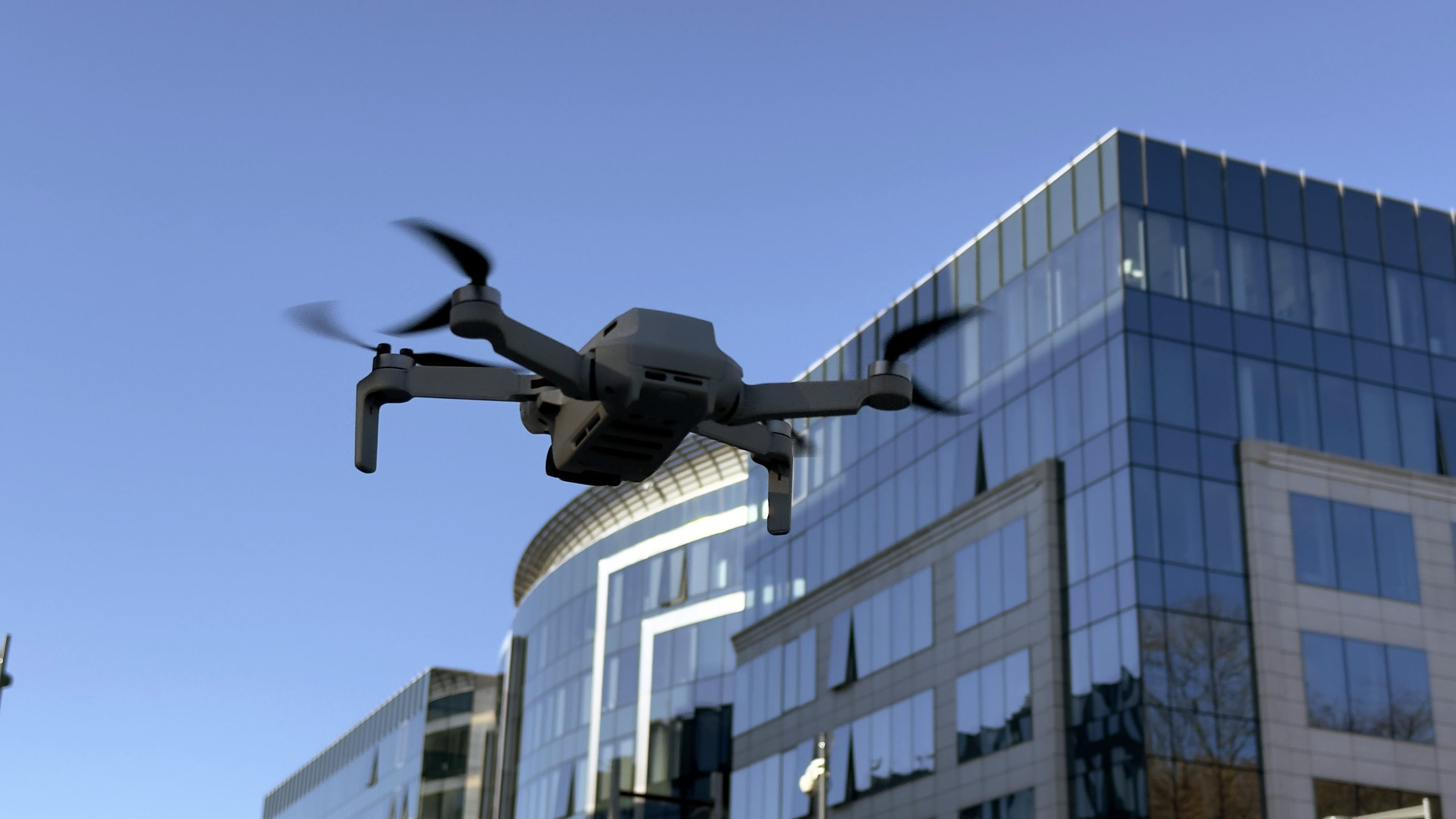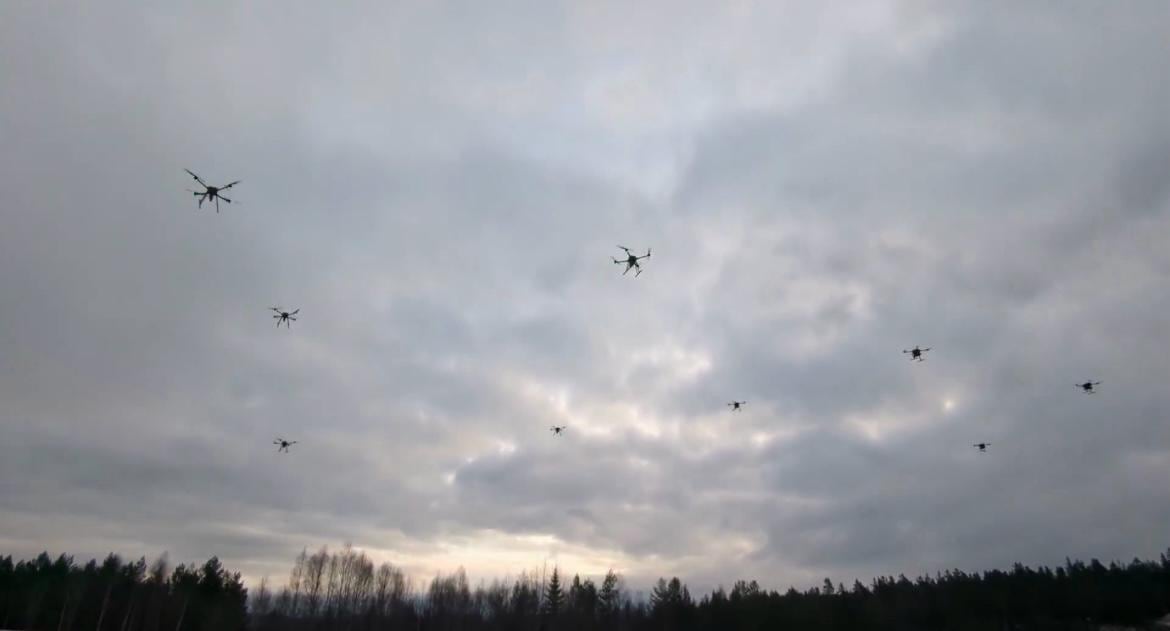WASHINGTON — The Pentagon’s top artificial intelligence office released a request for information Aug. 28 outlining interest in establishing a new acquisition approach for standardizing the development and procurement process for AI tools.
According to the solicitation, the Joint Artificial Intelligence Center is “considering” starting a competition for a 501(c) nonprofit manager or managers of its prototype “Artificial Intelligence Acquisition Business Model” that looks to use other transaction authorities to more quickly purchase AI products.
The JAIC’s prototype business model could deliver “AI capabilities through meaningful market research/front-end collaboration and optimal teaming arrangements of both traditional and non-traditional companies for AI product procurement,” the RFI said. If the plan moves forward, the JAIC would also “explore the possibilities of using the model to enable agile AI acquisition processes to the DoD at scale.”
The JAIC is the Defense Department’s main hub for artificial intelligence and is responsible for increasing adoption of AI across the department. It works with the services and combatant commands to develop AI tools that have practical use.
To meet the military’s needs, the JAIC uses the traditional government contracting process, known as Federal Acquisition Regulation-based contracts, and works with the General Services Administration, the Defense Information Systems Agency and the Defense Innovation Unit. The traditional acquisition strategy currently being used is unlikely sufficient enough to help the JAIC carry out its mission, the RFI stated.
“To scale this strategy to other DoD service requirements or respond to emergent requirements such as COVID-19 is challenging and may not be the most efficient use of acquisition tools,” the RFI read. “The JAIC will therefore prototype a new AI Acquisition Business Model to assess the potential for non-FAR-based contracts mixed with FAR-based contracts to meet JAIC requirements.”
JAIC’s goals are to streamline awards while maintaining flexibility between FAR and non-FAR awards, and to maximize competition while minimizing restrictions, the RFI explained.
The JAIC recently awarded major contracts through DISA and GSA. In May, it awarded a five-year contract with an $800 million ceiling to Booz Allen Hamilton through the GSA for its new joint war-fighting national mission initiative, though JAIC officials have continuously noted that the value of the contract won’t hit $800 million.
The JAIC also announced a $106 million contract award to the consulting firm Deloitte for its Joint Common Foundation, a critical element for sharing datasets and AI tools across Department of Defense components.
The JAIC has said for several months that it needs its own acquisition authority to be effective. Before he retired in June from his position as JAIC director, Air Force Lt. Gen. Jack Shanahan called on Congress to give the center its own acquisition authority. He said on a webinar in late May that the center’s lack of acquisition tools will hinder the organization’s ability to increase AI use across the DoD.
“It’s not going to be fast enough as we start putting more and more money into this capability development,” Shanahan said, speaking on a webinar hosted by the AFCEA Washington, D.C., chapter. “We need our own acquisition authority. We have to move faster.”
The solicitation outlined six “high-level goals” for the prototype AI Acquisition Business Model.
- “Maximize outreach to non-traditional (e.g.., small business) industry and academic partners.
- “Create an acquisition model that is utilized by the Services and DoD agencies.
- “Maximize use of automated processes (e.g., online portal for requirements definition, collaboration, source selection, and performance monitoring).
- “Facilitate integration and transition to Acquisition programs of record (PoR) using agile and DevSecOps practices.
- “Increase use of agile methods for training, tools, and policy development.
- “Maximize utilization of the JAIC’s Joint Common Foundation (JCF) AI Development Platform.”
Responses are due Sept. 16.
Andrew Eversden covers all things defense technology for C4ISRNET. He previously reported on federal IT and cybersecurity for Federal Times and Fifth Domain, and worked as a congressional reporting fellow for the Texas Tribune. He was also a Washington intern for the Durango Herald. Andrew is a graduate of American University.








